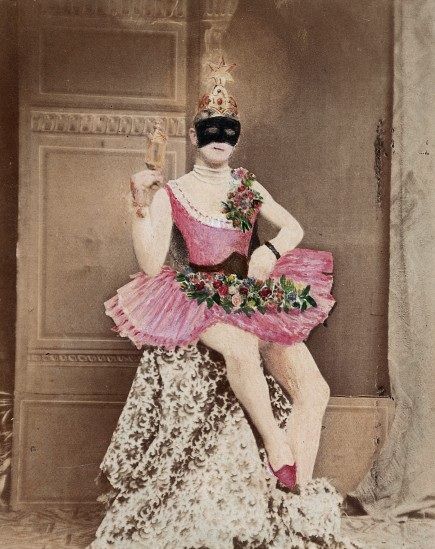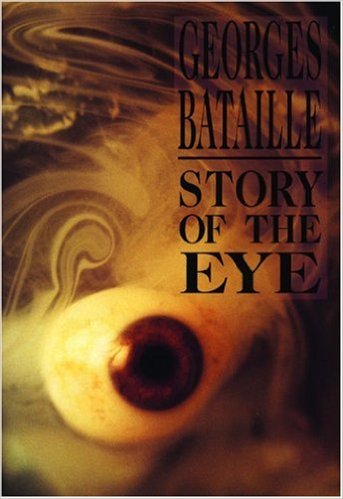I have spent my life sifting through ashes looking for a particle of comfort, something small but heartening to latch on to, but all I have ever done is make my hands dirty. ‘You always struck me as a little bit lost,’ Angela said to me recently. She tried to smile to soften the blow, but it stalled and turned into a grimace. In bed Angela wanted me to piss on her and choke her until she passed out, but I wasn’t man enough. Nor could I satisfy Hesther, who froze when I kissed her cheek, but begged to be slapped hard around the face when we had sex. I find nothing in the ashes, because there is nothing. Last week, my brother wrote ‘fuck’ in the dust on the glass top of the living room table and then promptly vomited on the floor. Dust, the dead matter of a slowly disintegrating world. My brother has been trying to kill himself for years, even though he doesn’t know it. What should I say to him? I keep thinking about the man who sleeps in a tent in Hillsborough park. A cripple, in a wheelchair. Periodically he is beaten and his tent stomped in by local teenagers. What do I say, to him, to all of them? Nothing. I’m silent, as the circle they form around me continues to expand until one day it will become a wrecking ball.
“Last year, he remembered, May had failed to quicken these soiled fields. It had taken all the brutality of July to torture a few green spikes through the exhausted dirt. What the little park needed, even more than he did, was a drink. Neither alcohol nor rain would do. Tomorrow, in his column, he would ask Broken-hearted, Sick-of-it-all, Desperate, Disillusioned-with-tubercular-husband and the rest of his correspondents to come here and water the soil with their tears. Flowers would then spring up, flowers that smelled of feet.”
Writing about Miss Lonelyhearts will be easy, because I have spent most of my life writing about it, long before I read it. I know the story well; I knew it always. At fifty-eight pages long, it is to novels what Mike Tyson was to heavyweight boxing, which is to say smaller than average but able to compensate for this slightness with an extraordinary savagery. At one point in the book one of the characters tells an anecdote about how a ‘haughty’ young woman was gang-raped in order to bring her down a peg or two. It is told not as something lamentable, nor even with great glee, but in a matter-of-fact, casual manner as though this kind of thing is appropriate, normal, and happens all the time. Yet to give the impression that this one moment stands out as being especially shocking or brutal would be misleading, because Miss Lonelyhearts is all such moments, all anguish and pain; every page. The mother who died, leaning over a table, of cancer. The cripple with the miserable job and sneering, violent wife. The lamb, for fuck’s sake. Wounded, eventually killed with a rock. The only relief on offer in West’s world is a horrible death. The letters? Can anyone even bear to talk about the letters?
Miss Lonelyhearts is the writer of an agony aunt column in a newspaper. Miss Lonelyhearts is also a man. Which is a kind of glum joke. An agony aunt is generally thought to be a homely, approachable woman, usually of some age and experience. She offers impartial advice, compassion, and, metaphorically speaking, a broad bosom to cry upon. The letters Miss Lonelyhearts receives are from the defeated, the maimed, the desperate, the broken-hearted, the sick-of-it-all; and none of them are funny. ‘I sit and look at myself all day and cry,’ writes the girl who was born without a nose. ‘Ought I to commit suicide?’ she asks. There is no end to these letters, as there is no end to human suffering. He receives thirty a day, all of which are ‘stamped from the dough of suffering with a heart-shaped cookie knife.’ Miss Lonelyhearts is finding it increasingly difficult to respond. The words that come to him are greeting card platitudes. ‘Life is worth while for it is full of dreams and peace, gentleness and ecstasy,’ he writes. Which is certainly a lie. There is no peace; there is no gentleness; there is nothing in the ashes, except perhaps, if you squint, the image, or vague likeness, of Christ.

Miss Lonelyhearts wants to be sincere, wants to help. In the beginning he was in on the joke, but now he is on the wrong [the receiving] end of it. The letters touch him. He sees in his position a level of responsibility. He is their last resort. For most, he is perhaps their only. But he is struggling, with the burden, with the sheer, unrelenting awfulness of life; their lives and his own. A stone has formed in his gut. Heavy, oppressive, deadening. He can’t help his readers, nor can he help himself. He is, in fact, incapable of any positive or progressive action. All of his relations are unsuccessful. He goes to see Betty, a kind of ex-girlfriend. She suggests some form of salvation, by way of her conventionality, her middle-of-the-road nature, and her love. When she straightened his tie, we’re told, she often made him feel as though ‘she straightened much more.’ Yet when he is with her he feels irritated; he lashes out, he clumsily forces a kiss. He does so because he believes that what she represents – potential happiness, contentment, security, stability – is a lie, is impossible. As the novel progresses, he becomes ever more hysterical, sick, and despondent; and it is only Betty who sees it, only she who is able to look outside of herself and recognise what is happening to him. She’s the only one who cares; and yet even her compassion counts for nothing in the end.
The most damaging of Miss Lonelyhearts’ relationships is with Shrike, his boss. Shrike engages in a form of jovial bullying, which he attempts to pass off as friendliness. He is a self-important blabbermouth, a torturer, a boorish bore. Throughout the book he delivers long, smug monologues that only he enjoys and appreciates, and which are, of course, solely for his own benefit. He says things like: ‘I am a great saint. I can walk on my own water. Haven’t you ever heard of Shrike’s Passion in the Luncheonette, or the Agony in the Soda Fountain?’ There are, Betty aside, no likeable characters in the book, but Shrike is especially unpalatable. While everything goes up in flames, he is, to quote a phrase of Patrick Hamilton’s, the president in hell; he is the cunt of cunts. In order to save money, he essentially rents out his wife for the evening, so that she can wined by other men and be ready, and worked up, to be fucked upon her return. When he is with another woman – for, naturally, he is unfaithful – he is said to bury his face in her neck ‘like a hatchet.’ It is no coincidence that West chose to name him after a species of bird with a sharp, curved beak, which impales its prey on thorns and the spikes of barbed wire. However, even he cannot be said to be happy or flourishing. His marriage is failing, and everyone – his wife included – abhors his company.
Shrike, in his only interesting statement, says of agony aunts that they are ‘the priests of twentieth century America.’ And he has a point. When once people would look towards the church, towards God, they have now come to seek guidance through popular culture. One could, therefore, interpret the book’s message as being a religious one, as being an urging to return to Christian ideas and practices. In fact, it is possible to argue that the whole thing is a religious allegory, even a kind of passion play, with Miss Lonelyhearts as Christ. Certainly, when he seeks to offer love, when, at the very end of the book, he runs towards a man with his arms outstretched, ready to embrace him, he is struck down. Yet what this suggests to me – someone who is admittedly an atheist and a cynic, and who is undeniably lost – is that we – the human race – have fallen so far that love, and compassion, can no longer redeem or save us, that we can no longer even recognise it when it is bearing down on us.


















